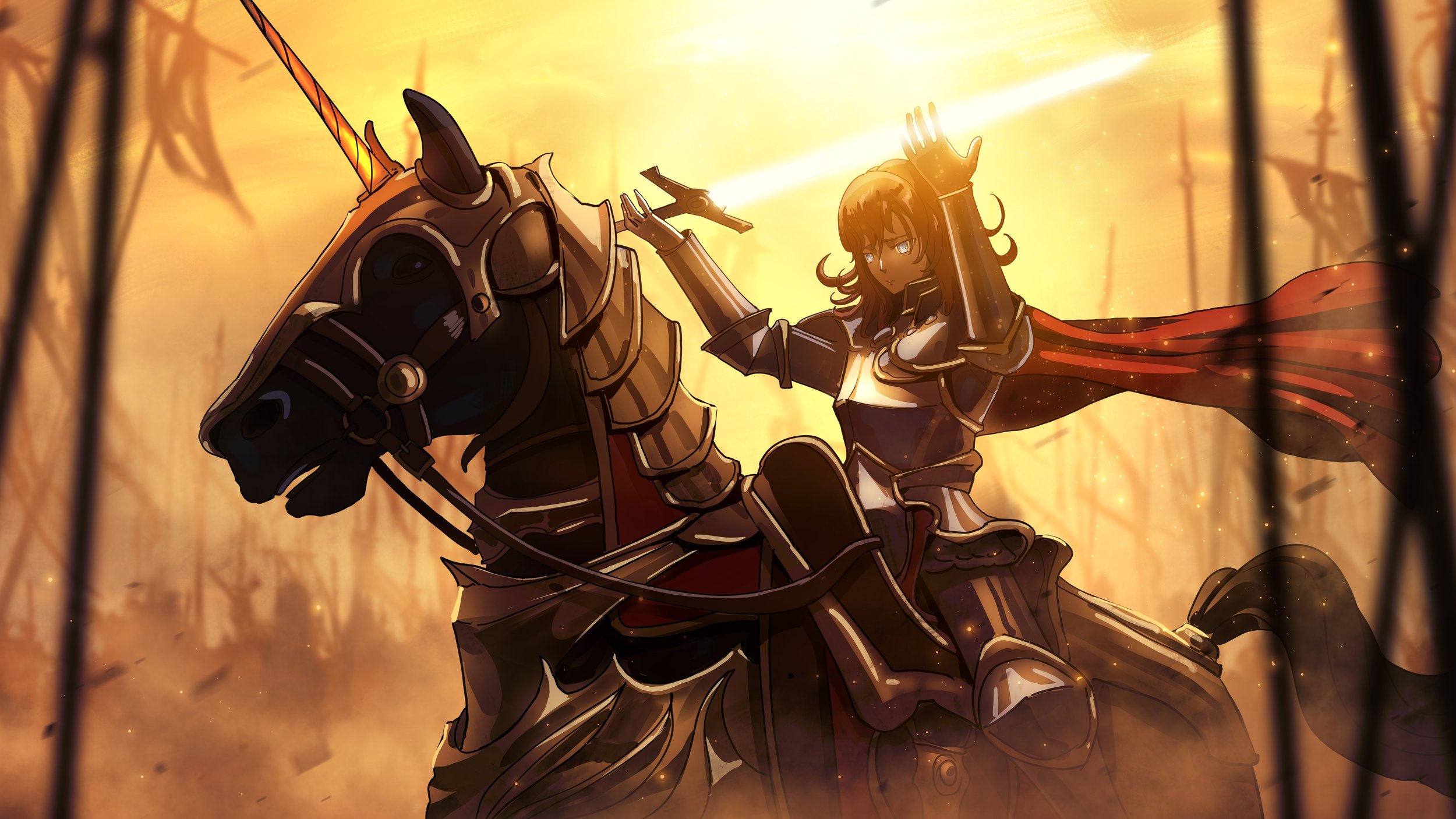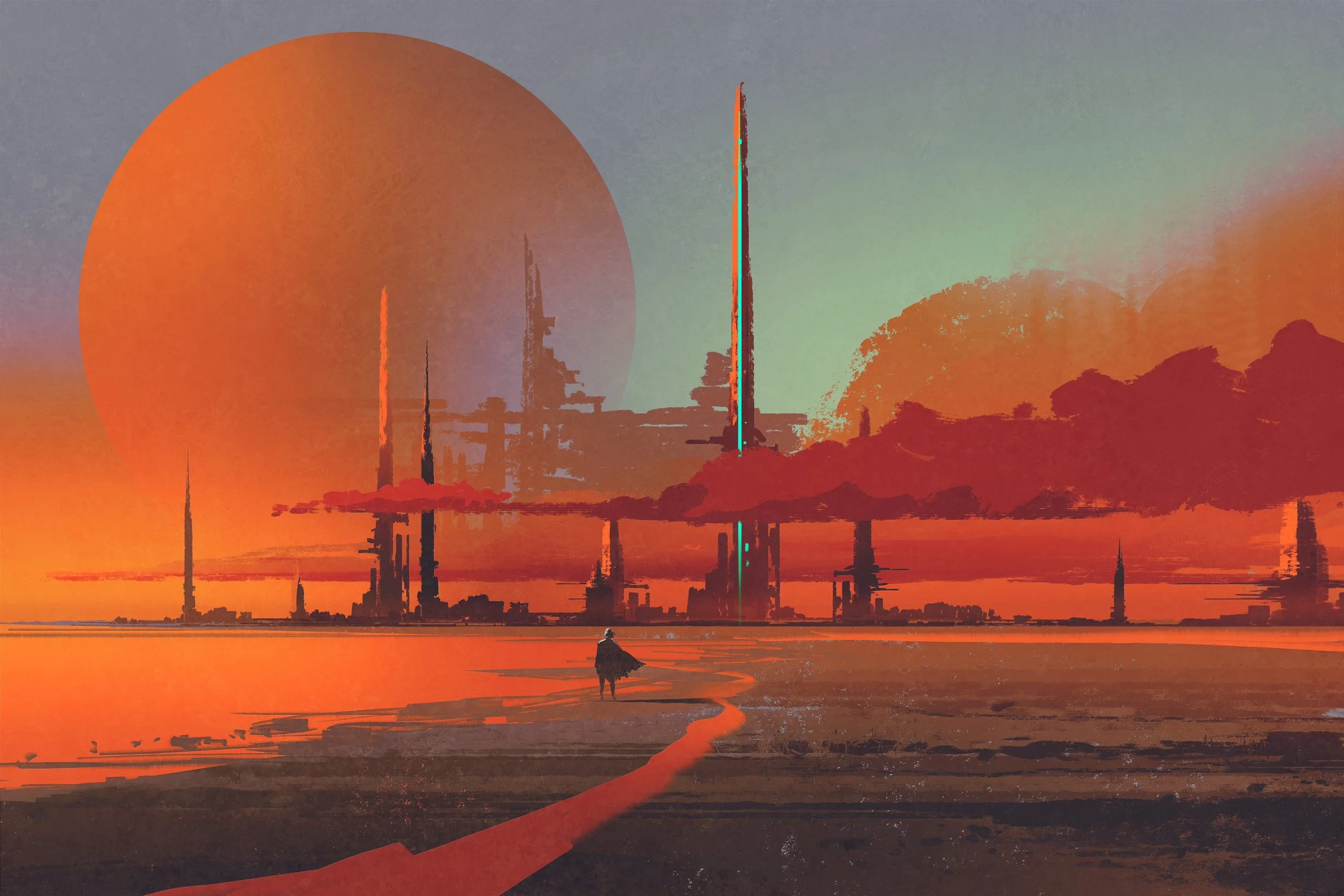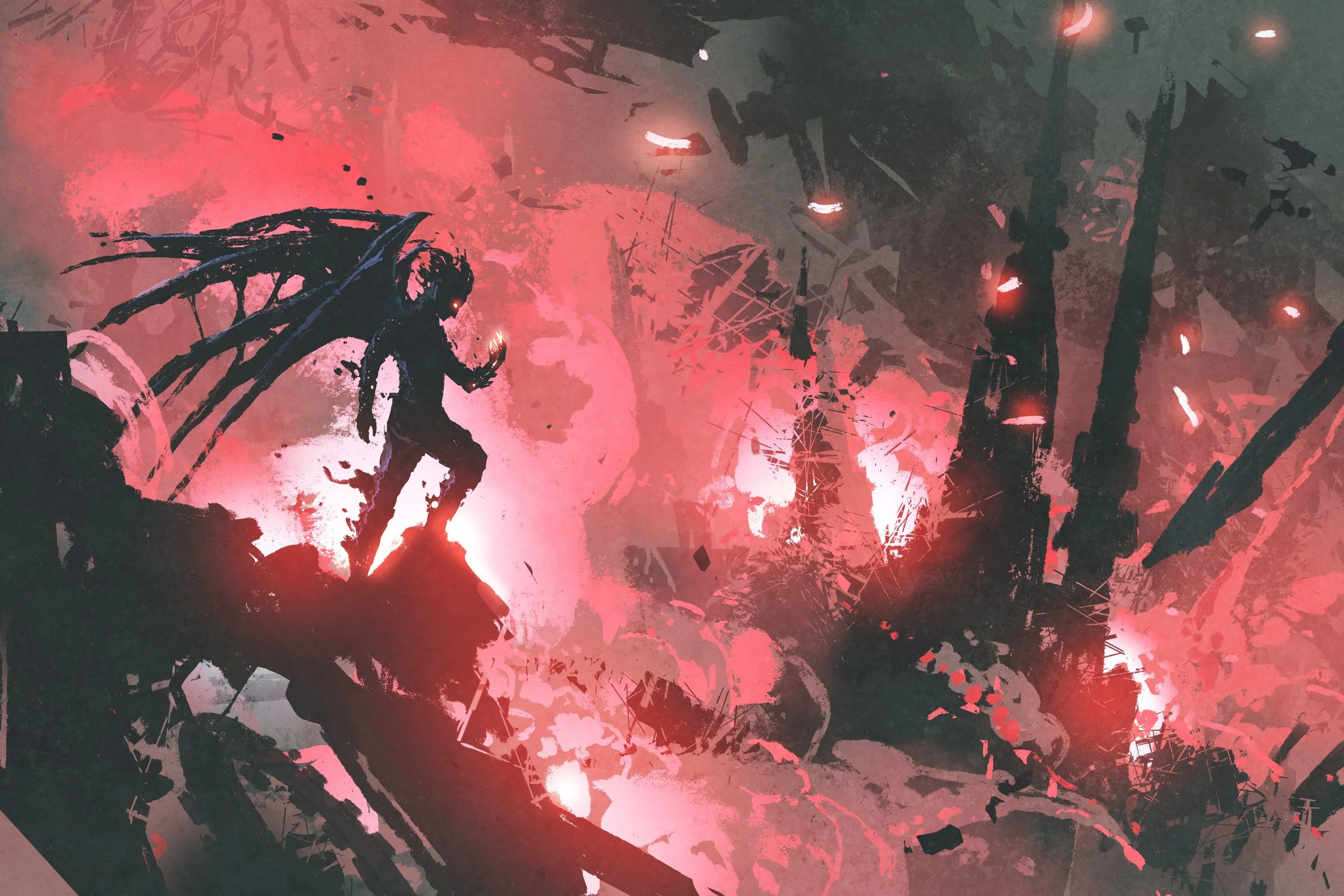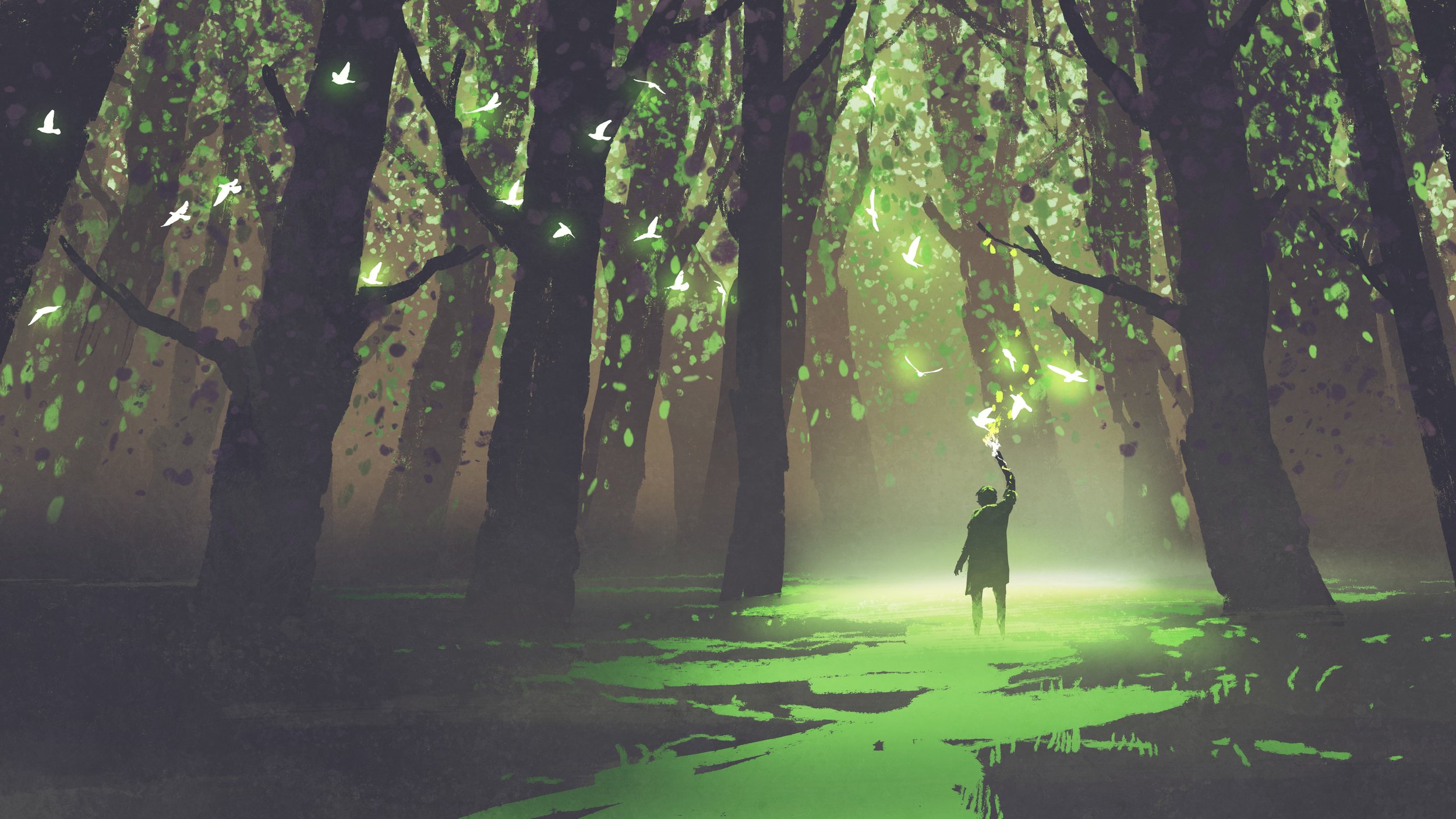Celebrating Free Comic Book Day and the Future of Comics
From Superman to Captain America, comic book heroes have been part of the American culture for over eighty years and still going strong. Disney has no less than nine Marvel-based shows or movies releasing this year. Similarly, there are two movies and seven new or returning television series based on DC Comics. But in all the excitement of the live-action and animated productions, the comic books that birthed these great empires are often overlooked.
The day to rediscover them on Free Comic Book Day. Typically held on the first Saturday in May.
After the last events have been canceled or postponed, the industry hopes for a big turnout at this year’s celebration. Many of the 2300 comic stores participating will be hosting special events, including cosplay contests, guest speakers, and artist demonstrations.
Comichron has been documenting trends within the industry and reported a new record year in 2020 with $1.28B in North American sales. However, while these overall figures are steadily increasing, the industry is undergoing major changes. The serial comics that have dominated the business since their introduction in the 1930s are declining, and sales of traditional comic books have dropped almost 30% just in the last five years.
What’s going on in the world of comic books?
Graphic novels now account for most of the industry’s sales. A visit to the local bookstore shows that many now have entire sections devoted strictly to manga and graphic novels. Manga is booming in America. Why audiences are so fascinated by manga is up to debate. Some theories connect its rise to the gaining popularity of anime in the US. Others discuss how manga is more targeted towards adult audiences though there are plenty of early reader options available.
“Sales of the traditional serial comics have dropped almost 30% in the last five years.”
Viz Media, the publisher of Naruto, Demon Slayer, and many other manga series, saw a 70% increase in sales last year. As the industry overall saw less than a 10% increase over 2019 sales, it’s easy to see where the volume in the business is going.
As graphic novels increase, traditional print comic sales have declined. But it’s more than readers switching to different formats. What’s taking people away from comic books? Various issues have been blamed for this decline, from cheap ink rubbing off on readers’ hands to distribution challenges.
The management of comic orders by stores is a complicated business. Stores operate on tight margins and have to decide in advance what issues to buy and then be stuck with non-returnable product if the sales don’t materialize. Both DC and Marvel are moving away from Diamond as their distribution platform in 2021. But it is yet to be seen if there will be any major changes to the current business model for stores.
“Graphic novels and manga now dominate the industry.”
Recent years have also seen the comic industry rocked by several scandals. Reports of sexual harassment and abuse have resulted in several resignations, firing, and canceled projects. Female readers were disheartened by the online harassment of Marvel Comic assistant editor Heather Antos. And the Comicsgate campaign against diversity and inclusion in comic stories has left some would-be readers turning to other media instead.
Streaming services have also had a significant impact on the world of serial comic books. The need to wait weeks between television episodes has changed as we become more of a binge-watching society. But this change in expectations extends beyond just television. Younger audiences find the idea of needing to go to the comic store weekly to pick up the next 24 pages harder to accept than those in the past.
But at the same time, these regular visits are the lifeblood of the brick-and-mortar comic book stores. With the pandemic restrictions, many smaller shops struggle to survive. Some were able to switch to mail order or curbside sales, but many ended up closing their doors permanently.
As restrictions have lifted, many of those remaining stores have returned to hosting gaming events to bring in additional traffic. But some struggle to grow their reach with younger audiences as most have not embraced digital or social media marketing to advertise those events to potential participants. A quick survey of my local comic stores, only 20% had a website, and several were still using AOL email with little to no other online presence.
“Our binge-watching expectations are not in alignment with the periodic nature of traditional weekly comic book releases.”
And yet, the readers of comic books are moving online themselves. Both DC and Marvel announced some titles would be sold exclusively in the digital format. DC also has launched DC Universe Infinite earlier this year as a premium digital comic book subscription service, Marvel Unlimited and Comixology Unlimited are similar platforms.
During the pandemic, digital comics sales increased by 56% and made up over one-third of all comic books sold in 2020. Some of these readers will likely remain on the digital platforms. But stores are hoping that most will return to the printed editions. The year-end sales figures from 2021 show record orders placed by comic book stores with the expectation of business returning to normal.
However, last year another scandal shook the comic book world. The Guardian announced that many comic book artists are getting little to no financial royalties or recognition for their work even as their creative efforts have led to million-dollar movie deals for Marvel and DC. Sources noted the creators feel like they don’t have a choice on the contracts offered to them. Even though successful film adaptions are making a billion dollars, a common practice is to send the creator a check for five thousand dollars and a ticket to the movie premiere.
Reportedly, the creators of Winter Soldier, Ed Brubaker, and Steve Epting, showed up to the premiere party for the movie based directly on their comics series only to find out they weren’t even on the invitation list. However, one of the starring actors did help them get into the event.
“Despite its issues, the comic book industry is far from dead.”
Though for all the bad press and declining sales, the comic industry is far from dead. Independent comic publishers are continuing to introduce a huge variety of stories.
Fans can’t get enough and are supporting the growing field of indie creators through sites like Kickstarter. According to Kickstarter’s site, over 10,000 comic projects have been funded through their site and last year saw a record-breaking $22 million pledged for comics by community backers.
Independent and mainstream publishers are producing more diverse content for wider audiences. There are now so many different genres and topics that there is really something for everyone.
Female artists are finding more support and recognition. Hashtags like #VisibleWomen are helping to showcase the amazing work by women in the industry.
On the collectible side, sales of back-issues have increased from previous years, as fans are looking to add value to their collections. And readers are returning to the stores.
Between digital and print copies, this year might actually be a terrific year for comic books.
This Saturday, visit your community comic book store, shop online, or even check your local library to celebrate Free Comic Book Day. You might discover a great new series or fall back in love with a classic superhero story that will keep you coming back for more.
Author:
Laurie Trueblood is a writer and life coach that enjoys fantasy, science, psychology, and everything nerdy. As the founder of Adventures to Authenticity, her mission is to help others level up and become the best versions of themselves.
Read about comics and personal development. Check out The Divinity and Humanity of Superman, Captain America, and Ourselves and X-Men and the Power of Being True to Yourself














